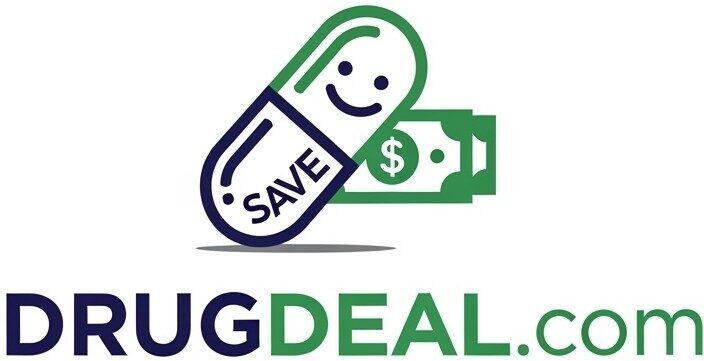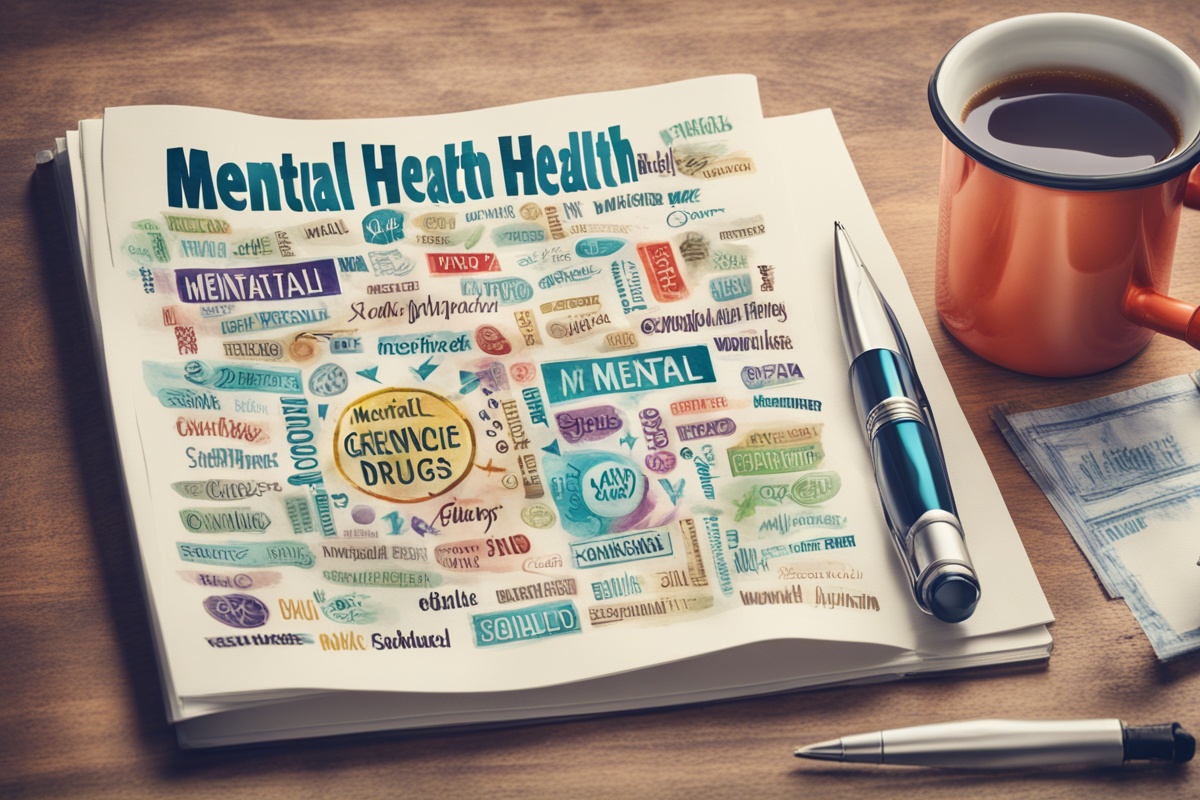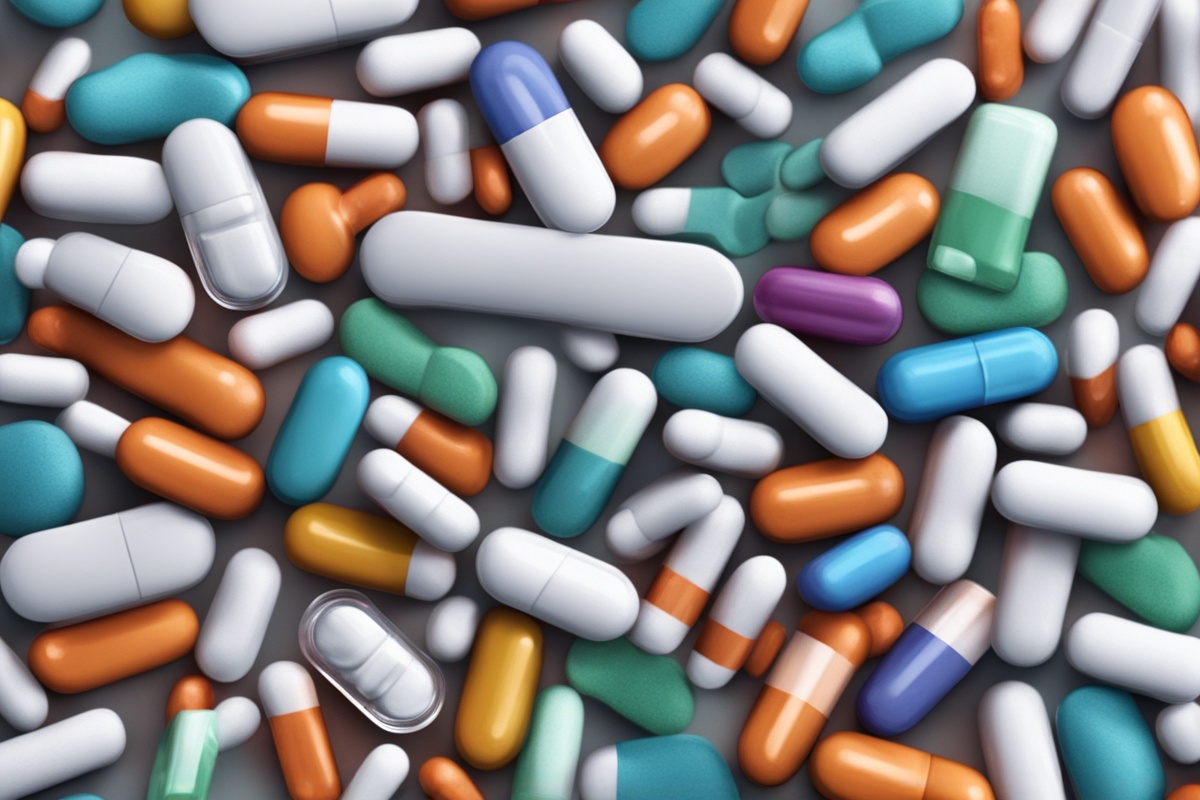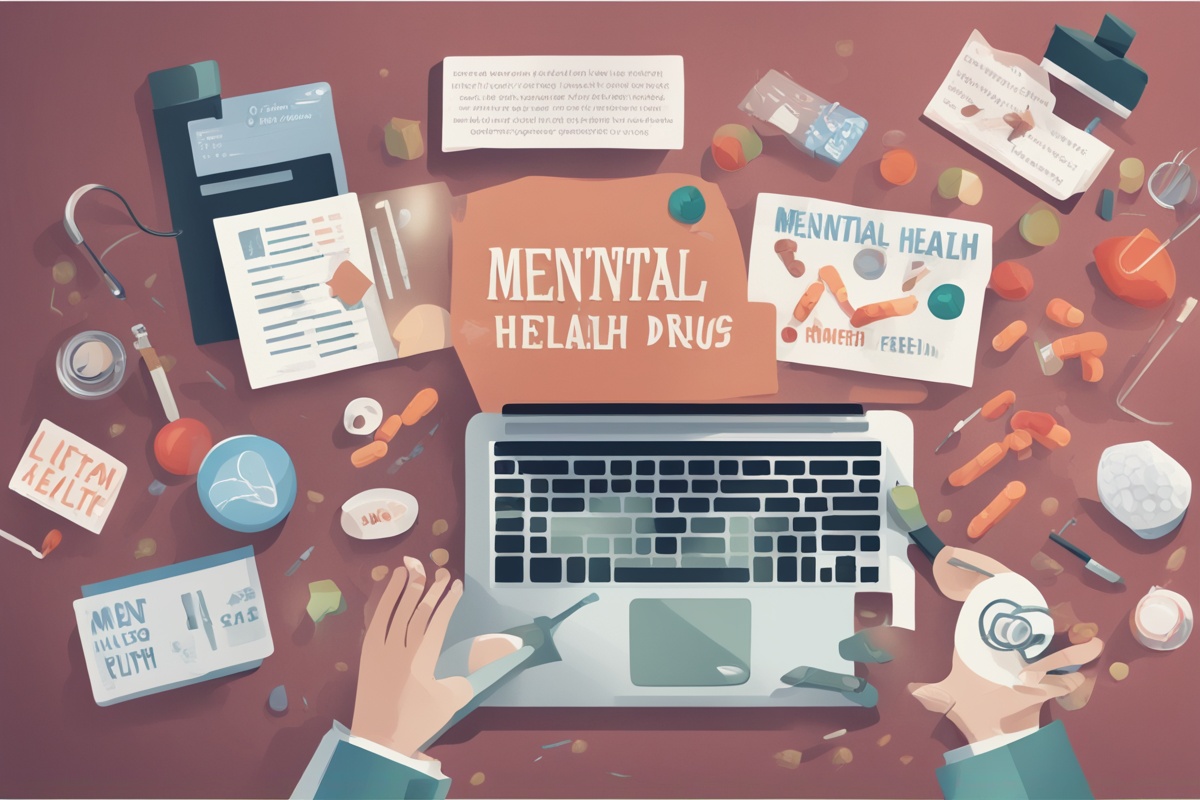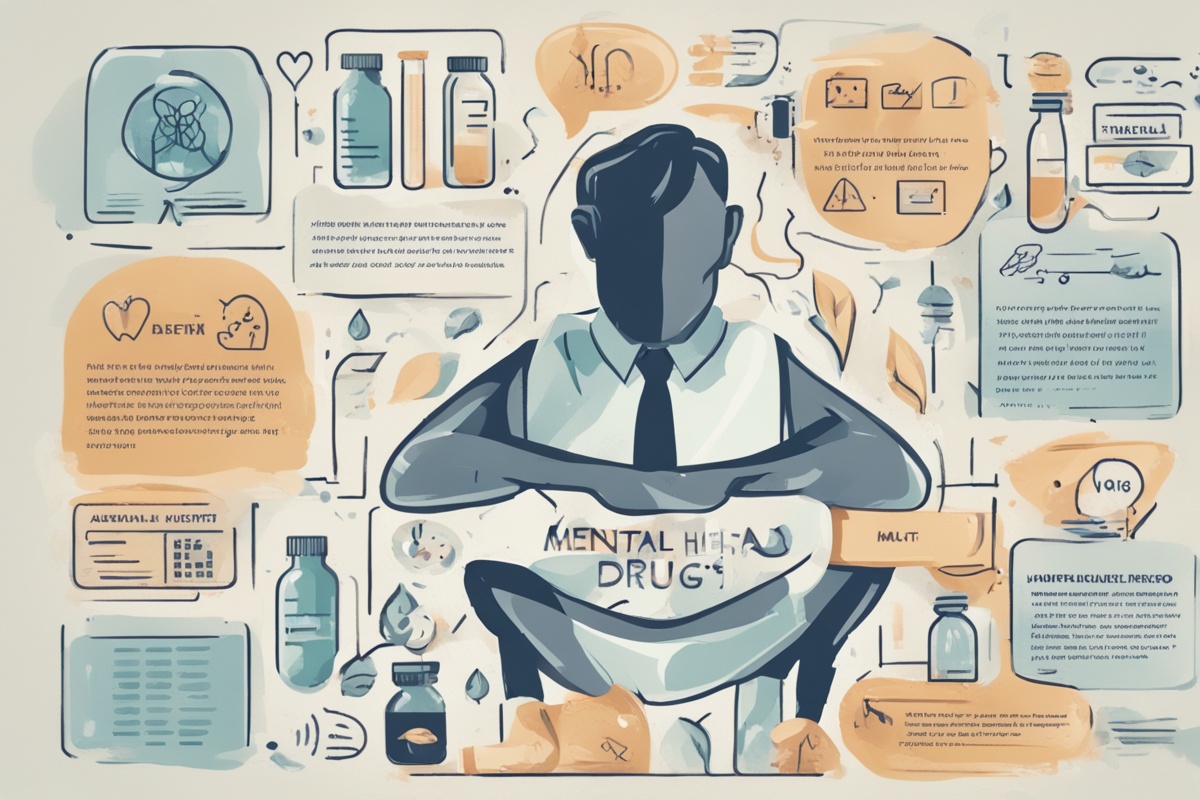Navigating mental health challenges can feel like walking a tightrope. One misstep, and you’re grappling with overwhelming emotions, financial strain, or both. If you’ve ever found yourself staring at a prescription bill, wondering how you’ll manage the cost, you’re not alone. That’s where the concept of low-cost generic medication for mental wellness comes into play—a potential lifeline for many. But what does it really mean? How can it help, and what should you watch out for? Let’s dive into this topic with a clear head and an open mind, exploring how affordable medication options can support mental health without breaking the bank.
What Are Low-Cost Generic Medications for Mental Wellness?
Let’s start with the basics. Generic medications are essentially the budget-friendly cousins of brand-name drugs. They contain the same active ingredients, are just as effective, and meet the same safety standards set by regulatory bodies like the FDA. The difference? Generics don’t carry the hefty price tag because they’re produced after the original patent expires, skipping the massive R&D costs that brand-name companies bake into their pricing. For mental wellness, this means access to antidepressants, anti-anxiety meds, or mood stabilizers like sertraline (generic Zoloft) or fluoxetine (generic Prozac) at a fraction of the cost.
Imagine you’re a single parent, juggling work and kids, and anxiety starts creeping in. A brand-name prescription could set you back hundreds of dollars a month. Switch to a generic, though, and you might pay as little as $4 for a 30-day supply at certain pharmacies with discount programs. That’s not just a number—it’s breathing room. It’s the difference between getting help and going without.
Why Consider Generics for Mental Health Support?
Why go generic? Well, cost is the obvious answer, but it’s not the only one. Accessibility plays a huge role. Many people skip doses or avoid treatment altogether because they can’t afford their meds. Studies from the National Alliance on Mental Illness (NAMI) show that nearly 1 in 5 adults with a mental health condition report not filling a prescription due to cost. That’s heartbreaking—and avoidable. Low-cost generic medication for mental wellness bridges that gap, ensuring more folks can stick to their treatment plans.
But let’s not sugarcoat it: generics aren’t a magic bullet. Some patients worry they won’t work as well as brand-name options due to differences in inactive ingredients or manufacturing. While rare, it’s a valid concern. I recall a friend who switched to a generic antidepressant and noticed a slight difference in how it “felt.” After a chat with their doctor, they adjusted the dosage slightly, and things leveled out. The takeaway? Communication with your healthcare provider is key. Generics work for most, but your experience matters.
How to Access Low-Cost Generic Medications
So, how do you get your hands on these affordable options? First off, talk to your doctor or psychiatrist. They can confirm if a generic version of your medication exists and write the prescription accordingly. Don’t be shy about mentioning cost concerns—most providers are happy to help find budget-friendly solutions. Next, check out discount programs at major pharmacies like Walmart, Target, or Kroger, where generics often cost under $10 a month, even without insurance.
Another avenue is patient assistance programs (PAPs) run by drug manufacturers or nonprofits. These can slash costs further or even provide meds for free if you qualify based on income. Websites like RxAssist or GoodRx are goldmines for finding deals and comparing prices at local pharmacies. A quick search on GoodRx once saved me $30 on a script—small wins add up! And if you’re uninsured or underinsured, look into community health clinics or sliding-scale services that often prioritize generics to keep costs down.
Potential Pitfalls and How to Avoid Them
Let’s keep it real—generics aren’t without their quirks. As I mentioned earlier, slight variations in inactive ingredients can affect how a drug feels or absorbs in your body. It’s not common, but it happens. Then there’s the issue of stigma. Ever heard someone say, “Oh, generics are just cheap knockoffs”? That’s nonsense, but it can plant seeds of doubt. Trust the science—decades of research back the efficacy of generics, with the FDA requiring them to be bioequivalent to brand-name drugs.
Another snag? Not all generics are created equal in terms of availability. Depending on your location or pharmacy, stock issues can pop up. My advice? Call ahead to confirm they have your med in stock, or ask if they can order it. And always double-check the label—mistakes happen, and you want to ensure you’re getting the right dosage. If something feels off after starting a generic, don’t tough it out. Loop in your doctor ASAP. It’s your health, not a guessing game.
Balancing Medication with Holistic Mental Wellness Practices
Here’s a truth bomb: medication, even low-cost generic medication for mental wellness, isn’t a standalone fix. It’s a tool, not a cure. Pairing it with lifestyle tweaks can amplify its impact. Think of it like tending a garden—meds are the fertilizer, but you’ve still gotta water, weed, and nurture the soil. For instance, regular exercise has been shown to boost serotonin levels naturally, complementing antidepressants. A 30-minute walk daily can do wonders—I’ve felt the difference myself on rough days.
Therapy, even if it’s online or through low-cost community resources, adds another layer of support. Apps like BetterHelp or Talkspace offer affordable sessions, sometimes as low as $60 a week. Then there’s mindfulness—don’t roll your eyes just yet. A simple 5-minute breathing exercise can dial down anxiety when meds alone aren’t cutting it. I’m no guru, but focusing on my breath during a panic spike has pulled me back from the edge more than once. The point is, generics can help stabilize you, but building a broader toolkit ensures long-term resilience.
The Bigger Picture: Advocacy and Awareness
Zoom out for a sec. Access to low-cost generic medication for mental wellness isn’t just a personal win—it’s a societal one. When more people can afford treatment, communities thrive. Untreated mental health issues often ripple outward, straining relationships, workplaces, and healthcare systems. So, why not push for better access? Support policies that expand generic drug availability or fund mental health programs. Share your story, if you’re comfortable, to chip away at the stigma around both mental health and generics.
On a personal note, I’ve seen advocacy work wonders in small ways. A local support group I joined years back lobbied for a free clinic in our area, and now dozens of folks get low-cost meds and counseling they couldn’t access before. It’s not glamorous, but it’s impact. If you’ve got a minute, look up mental health initiatives in your area or online—every voice counts. And who knows? Your nudge might be the one that tips the scale.
References
- University of Minnesota Extension – Mental Health Resources
- Missouri Botanical Garden – Mental Health Benefits of Gardening
- Penn State Extension – Stress Management Through Gardening
- New York Botanical Garden – Therapeutic Horticulture for Mental Wellness
- University of Illinois Extension – Gardening for Mental Health
Disclaimer: This article is for informational purposes only, based on general research and personal experience. It is not a substitute for professional medical or mental health advice. Always consult a qualified healthcare provider or mental health professional for personalized guidance and recommendations tailored to your specific situation. Decisions about medication, treatment plans, or lifestyle changes should be made in collaboration with experts who understand your unique needs and circumstances. If you’re experiencing a mental health crisis, please reach out to a crisis hotline or emergency services immediately for support.
This content is for informational purposes only and not a substitute for professional advice.
